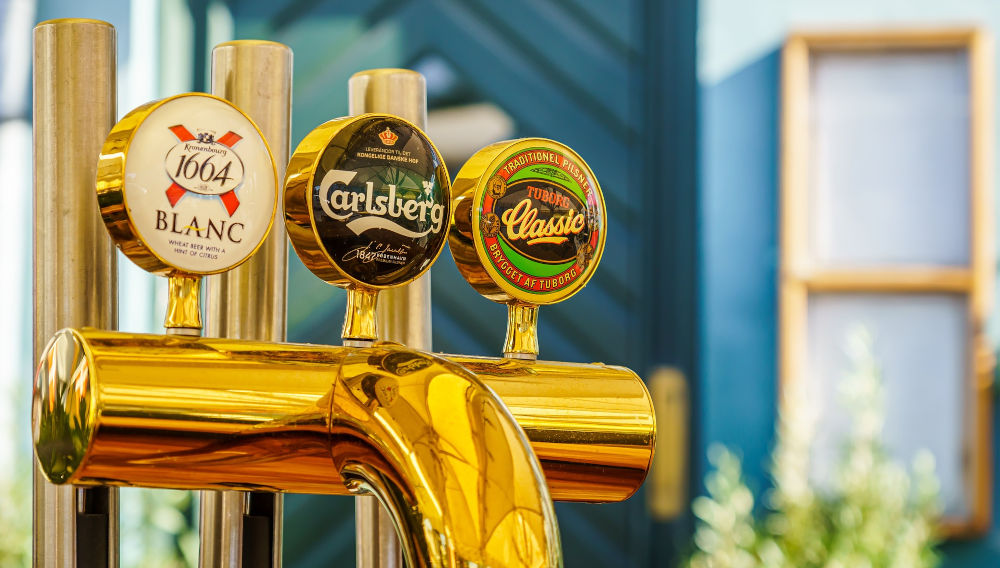Carlsberg and Britvic: Probably not the most popular transaction
United Kingdom | Carlsberg has agreed to pay GBP 3.3 billion (USD 4.2 billion) to take over soft drinks firm and Pepsi bottler Britvic, following two bids which were rejected last month. Carlsberg will also buy out Marston’s stake in its UK brewing joint venture.
The sweetened bid for Britvic, which was announced on 8 July, represents a premium of around 36 percent, compared to the price before speculation about the deal in June. Carlsberg brushed off concerns from some analysts about the transaction’s rationale, saying Carlsberg has a strong track record of running beer and soft drink businesses in several markets. Soft drinks already make up 16 percent of Carlsberg's volumes.
The Danish brewer insisted the deal will deliver a number of benefits, including cost and efficiency savings worth GBP 100 million (USD 128 million) over five years, as it takes advantage of common procurement, production, and distribution networks.
Alongside the Britvic deal, Marston’s has also sold its 40 percent stake in the Carlsberg Marston’s joint-venture, which includes the production of heritage ales such as Pedigree, to a subsidiary of Carlsberg for around GBP 206 million. This allows Marston’s to focus solely on its pub estate.
Lukewarm response from shareholders and analysts
In June, Britvic twice rejected an offer by Carlsberg, the second of which valued Britvic at USD 3.9 billion including debt.
A tie-up with a soft drinks firm will be quite a radical departure for an alcoholic drinks supplier. At least in the UK. But there is a certain logic to the two sectors joining forces in terms of shared supply chains and customer bases.
Nevertheless, in the case of Britvic, is the rationale sufficiently compelling to warrant the heavy debt burden Carlsberg would need to take on, many observers wondered? Its share price dropped 8 percent when the approach become public on 21 June. “A sharp drop in a bidder’s share price when a deal becomes public can be explained away by surprise. When the fall is sustained over a week, it’s evidence of a real problem,” Bloomberg commented on 28 June.
This suggests that Carlsberg’s shareholders are far from enthusiastic about the deal. They seem to believe that Carlsberg will fail to extract any meaningful synergies to justify the top-up.
“The problem is not that Carlsberg is chasing a dud, at least in absolute terms,” the Financial Times said. Britvic is a well-run consumer staples business. It is expected to manage mid-single digit revenue growth – at the high end for its category – with low double-digit operating margins.
The problem here is with Carlsberg’s hazy strategic logic. Carlsberg’s challenge is that beer consumption is declining in Europe. In the UK, Carlsberg only holds around a 7 percent beer market share and is the fourth biggest player. Buying a mature European soft drink business, which mainly operates in the near-stagnant UK market, is unlikely to change that, the Financial Times concluded.
Keywords
United Kingdom acquisitions company news international brewing industry Carlsberg
Authors
Ina Verstl
Source
BRAUWELT International 2024

